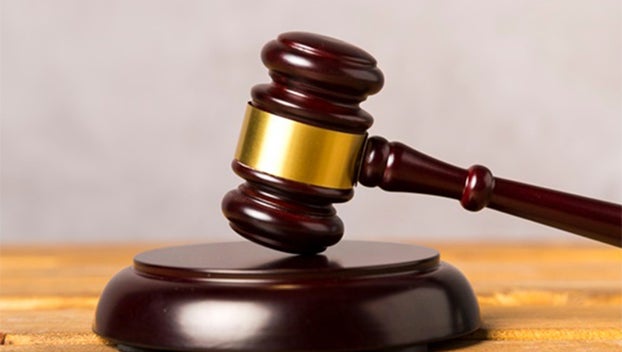Top Democrat supports scrapping property tax for sales tax
Published 8:57 am Wednesday, October 19, 2016
By Kenric Ward
Watchdog.org
A plan to abolish Texas’ property tax system – the longest of political long shots – is getting slightly better odds with a push from the top Democrat in San Antonio.
Bexar County Judge Nelson Wolff says he could support replacing property taxes with a consumption-based sales tax.
Calling a tax swap the “end game” in the simmering revolt over steadily rising property tax bills, Wolff agreed with the conservative Texas Public Policy Foundation on the need for fundamental structural change.
TPPF policy expert James Quintero estimates that a 10.98 percent universal tax on sales and services would generate enough revenue to scrap Texas’ property tax system altogether. The sales tax in most jurisdictions is currently 8.5 percent.
Democrats have typically opposed increasing sales taxes, arguing that the added burden would fall disproportionately on lower-income households. But Wolff said a sales or value-added tax that exempted food purchases “wouldn’t necessarily be regressive.”
“This [tax swap] needs to be seriously considered,” said Wolff, a former San Antonio mayor and state legislator for 16 years.
Wolff’s comments, made during a public forum at UT-San Antonio’s downtown campus on Thursday, signaled the prospect of an emerging bipartisan consensus on tax reform, although details are still to come.
Jeff Judson, a former Olmos Park councilman and fellow at the conservative Heartland Institute, said politicians are concerned that the property tax system has become unstable and unsustainable.
“Nelson Wolff is probably interested because of the problem with the county Hospital District that places the property tax burden on people within the county while people all around the region come to use the subsidized health care,” Judson told Watchdog.org.
A Bexar County financial report said the Hospital District is $503 million in debt. Other urban hospital districts face similar fiscal challenges.
Some conservatives worry that a tax swap would simply give local government a new funding vehicle to abuse. Judson cautioned that “the devil is in the details.”
State Sen. Donna Campbell, R-New Braunfels, said she could also support scrapping Texas’ property taxes, which are the highest of any state without an income tax.
Meantime, Campbell continues to push for returning to a 5 percent rollback tax rate on increases [subsequently raised to 8 percent] and requiring mandatory elections when local taxing units exceed that threshold. Some 4,000 jurisdictions, boards and commissions levy property taxes around Texas.
Quintero said he wasn’t interested in tinkering around the margins with piecemeal adjustments to the state’s “opaque and convoluted” property tax system. Wolff agreed, noting that previous legislative relief efforts have been quickly wiped out by escalating property appraisals.
At minimum, Wolff suggested that school taxes – which account for more than half of most property tax bills – could be funded through a sales tax instead.
“That would be a 55 percent [property] tax cut right there,” he told homeowners.
A Senate Select Committee on Property Taxes is expected to introduce a series of reform and relief measures when the Legislature convenes in January.
Committee Chairman Paul Bettencourt, R-Houston, said one thing is clear: The state’s 8 percent annual “cap” is not working.
“The four-year (2012-2015) levy increase has been as high as 53 percent in Harris County and 34 percent in Bexar County,” he told Watchdog.
Bettencourt estimated that a value-added sales tax would probably end up being 25 percent, “and that would be problematic for many folks in Texas.”
“If Judge Wolff wanted to help taxpayers, then his county should have been cutting tax rates as appraised values skyrocketed years ago,” the senator said.
Kenric Ward writes for the Texas Bureau of Watchdog.org. Contact him at kward@watchdog.org and follow him on Twitter @Kenricward.





